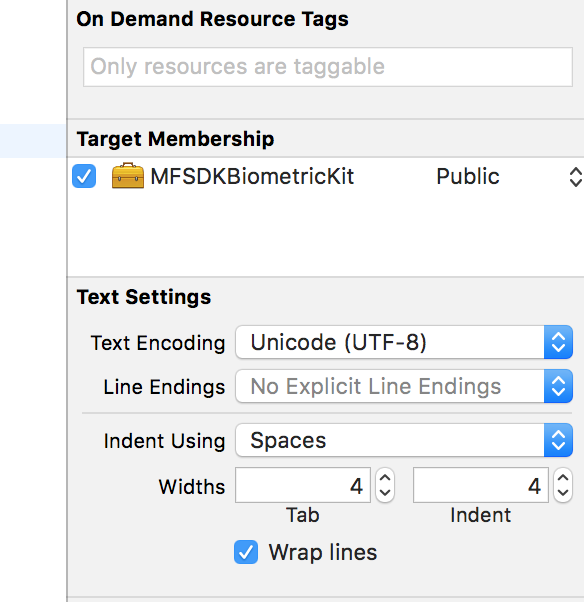After updating with Xcode 6.3, I found something strange things with my projects.
Below codes causes parse issue that says "Could not build module 'AgendaFramework'", the AgendaFramework is my custom embedded framework for ios8:
@import MyEmbededFramework;
The error marker looks like this:

The issues is raised during indexing not building. Whole building can be performed successfully without any error or warning. I can build, archive, run on device, deploy, submit to App Store.
However the error marker shows up when I edit the classes that belongs to the extension. The the extension(widget) explicitly linked to the embedded framework. (I know that I don't have to do it when I use @import statement.)
In this state, I could not receive any valid content assistant, very annoying.
After I replace the import statement with old style, the problem was disappeared:
#import <AgendaFramework/AgendaFramework.h>
I have several other projects that have very similar topology with the project which causes this issue, But they are okay. Only one project causes this issue. I compared every detail build settings, I could not find any clue.
I tried:
- Delete derived data
- Full Clean
- Reboot
Any clues are welcomed. Thanks!


